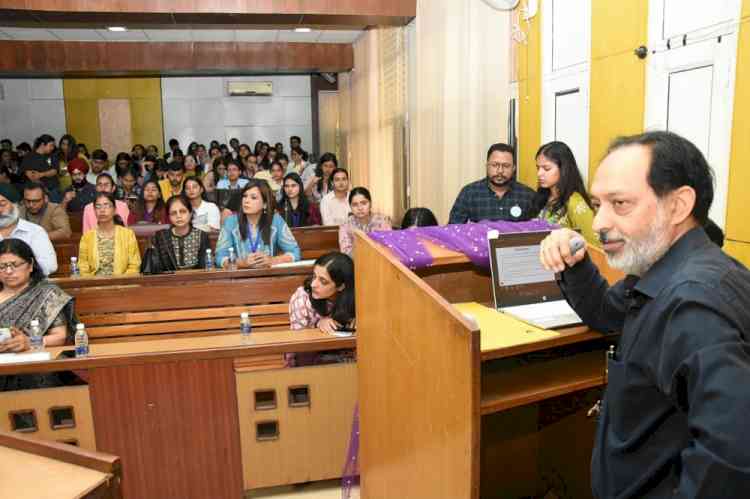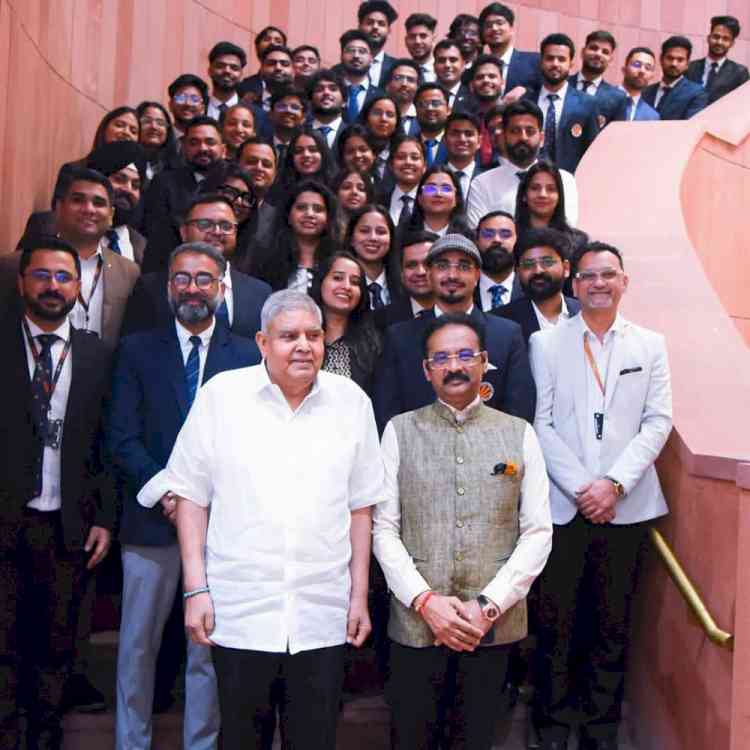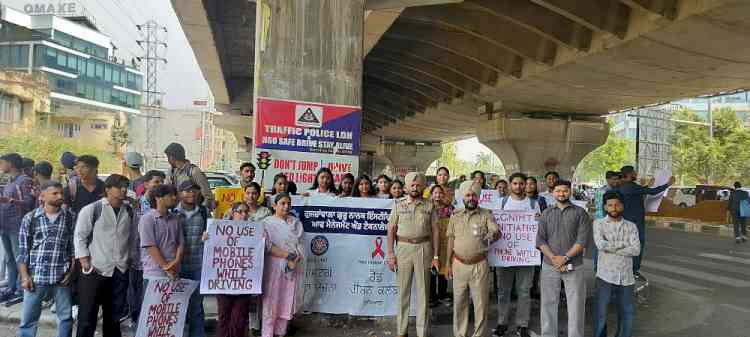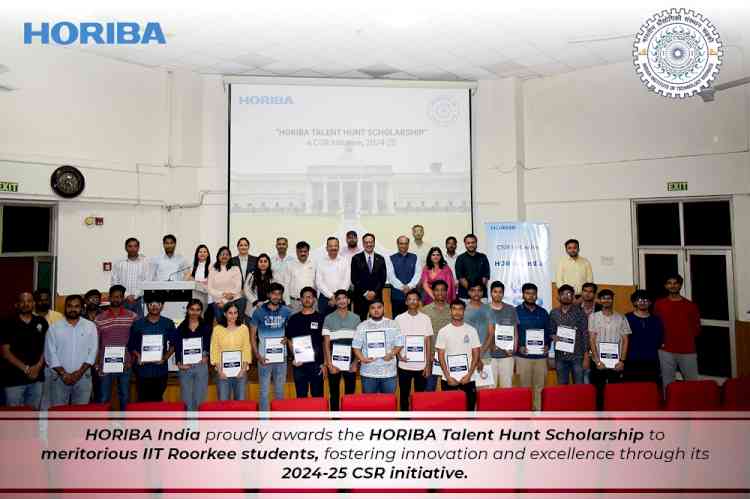Basic Medical Science section of annual CHASCON 2024
The Basic Medical Science section of the annual CHASCON 2024, took place this year with enthusiastic participation from research scholars, professionals and students nationwide.

Chandigarh, November 8, 2024: The Basic Medical Science section of the annual CHASCON 2024, took place this year with enthusiastic participation from research scholars, professionals and students nationwide.
This session hosted by the Department of Biophysics, Panjab University, highlighted innovative, indigenous solutions across various scientific fields, aligning with India’s vision of self-reliance and technological advancement.
Dr. Tanzeer Kaur, President of the Basic Medical Science Section of Chascon-2024-emphasised that the Basic Medical Sciences focuses on the fundamental scientific principles that form the foundation for understanding human health and disease. Moreover, the basic medical science departments of Panjab University have been pivotal in producing meaningful research solutions for the last many decades.
This session talks of two prominent speakers Dr. Inderpal Singh, Professor and Head of the Department of Natural Products and In-Charge at NIPER, Mohali, captivated the audience with his lecture on “Development of Wound Healing Herbal Formulation,” focused on ground-breaking research in wound care through the use of herbal solutions.
Dr. Singh discussed the formulation and efficacy of his research, reflecting India’s rich heritage of medicinal plant-based treatments. Another talk delivered by Dr. Anjali Aggarwal, Professor in the Department of Anatomy at PGIMER, Chandigarh on “Bio-flavonoids: Natural Compounds with Promising Therapeutic Potential for Pancreatic Cancer”, highlighted the potential of bioflavonoids in treating pancreatic cancer, a critical area in cancer therapeutics.
The conference saw robust participation, with 181 attendees engaging in discussions, presentations, and networking opportunities. A total of 19 candidates presented oral presentations, and 49 participants showcased their research through poster presentations, covering a broad spectrum of topics in indigenous medical sciences.


 City Air News
City Air News 








